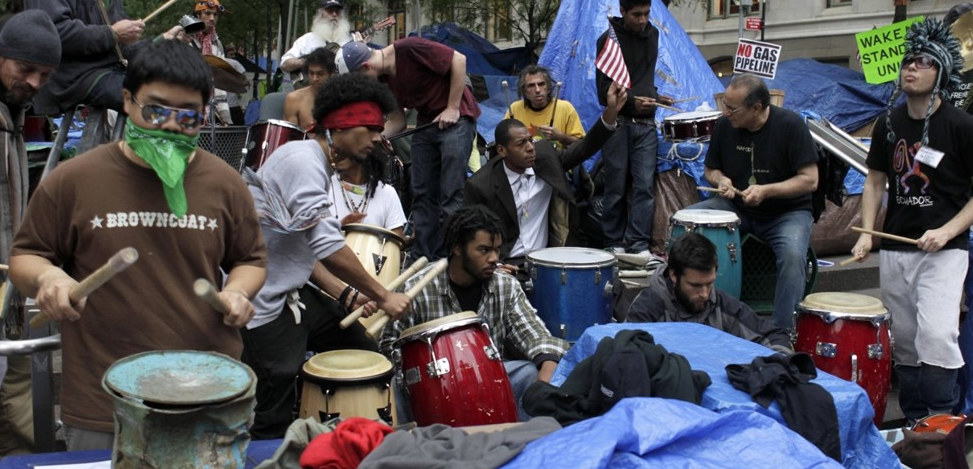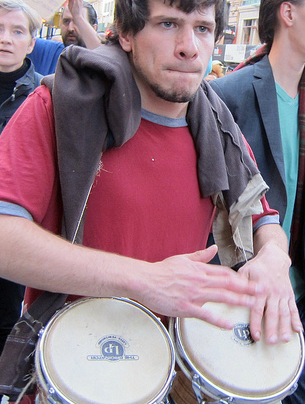We keep reading about corporate big-wigs, banksters, and other assorted riff-raff who collect annual salaries in the hundreds of millions of dollars. $100 million/year is $2 million/week, $400,000/day, or $50,000/hour. At that wage, I could work for an hour and take the next year or two off, or I could work for a week and retire for life on $100K/year ($2 mil at 5%, do the math).
Two questions: 1) How can any one person deserve that much money? 2) What can one possibly do with that much money? Does a $10 million bankster crash the economy only one-tenth as hard as a $100 million bankster? If the $10 million CEO gets a raise to $100 million, does his life instantly become ten times as awesome? I submit that the answer to both those questions is “no.”
One doesn’t need to spend much time reading gossip columns or celebrity biographies to know that the wealthy harbor the same pain and struggles that the rest of us do (and in many cases, far more so). So more money does not make life more awesome.
At the other end of the income spectrum, a little bit of money makes a big difference. It means bills get paid, creditors back off, kids get fed, houses get fixed, and life gets much more awesome. Looking farther up the ladder, houses get nicer, and people buy lots of stuff.
But at a certain point, the house is so big you only use a corner of it, they don’t make cars more expensive than the ones you already have, and you’ve already bought anything you would ever want, so what’s the point of making more money?
We have a minimum wage because to ask someone to work for a wage at which it’s impossible to make a living is oppressive. We need a maximum wage because for an individual to demand more wealth than he/she can possibly use is greedy.
So what should be the maximum wage? And how do we define and enforce it?
Back in the 1950’s, we had a 91% tax rate on annual income over $3.2 million (in today’s dollars). History (and people like my parents) remember this as a prosperous time. Most people don’t like paying taxes, so if rich people made “too much” money they would avoid taxes by paying their workers higher wages, investing in more equipment for their businesses, donating money to charities, and generally feeding that extra money back into their communities until their income dropped out of the top bracket.
Since then, short-sighted corporate stooges have taken over government and dramatically cut taxes on these rich people. So now instead of sharing the excess wealth with their communities, they are hoarding it in tax shelters and offshore accounts. Instead of hiring more people for better wages, they are closing domestic factories and replacing them with cheap contract labor in the third world.
So we can implement a maximum wage by setting a 99% tax rate for all income above that defined level. And by all income, I mean all income: interest, capital gains, rent, inheritances… everything must be taxed as regular income.
I propose that the maximum wage be tied to the minimum wage. Right now the minimum wage is $7.50/hour. (Set aside the issue that this is a pathetic wage. It should be much higher… $10-15/hour would be a good start.) So the formula could be, “The annual maximum wage is one million times the hourly minimum wage.” That way, the maximum wage would be $7.5 million/year, and it could only be raised by raising the minimum wage. The rich don’t get a raise unless the poor get the same raise (in percentage terms).
Excessive income above the maximum wage will go to 1) charities, 2) reinvestment in businesses and higher wages for employees, or 3) taxes that the government can use to hire people (at decent wages) to build stuff. Either way, the money is “in play” in the community doing good things, rather than gathering dust in a vault in the Cayman Islands.










